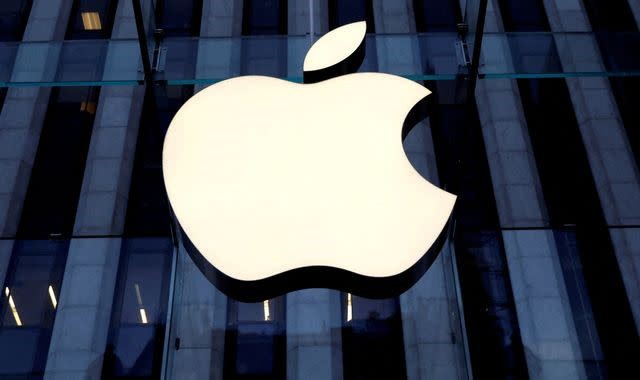Apple has commenced payouts in a longstanding US class action lawsuit, settling allegations that the company intentionally slowed down certain iPhones. The settlement, totaling $500 million, translates to approximately $92 per claimant. While Apple settled the lawsuit in 2020, asserting no wrongdoing but citing concerns about ongoing litigation costs, a parallel case in the UK seeks £1.6 billion in compensation. Originating in December 2017, Apple admitted to deliberately slowing down ageing iPhones to extend their lifespan due to declining battery performance. Despite offering discounted battery replacements to address the issue, the company faced legal action in the US. The recent US payouts surpass earlier estimates, where each person was expected to receive around $25.
Simultaneously, a similar case unfolds in the UK, initiated in June 2022 by Justin Gutmann, representing an estimated 24 million iPhone users. In November, Apple failed in its attempt to block this mass action lawsuit. Apple vehemently denies the UK lawsuit’s merit, describing it as “baseless” and asserting a commitment to maintaining product quality. Apple’s stance emphasises that it would never intentionally diminish product lifespan or compromise the user experience to encourage upgrades.
While Justin Gutmann welcomed news of US payouts, he emphasised that it has no bearing on the UK case. Apple’s settlement in the US lawsuit does not equate to an admission of guilt, and Gutmann characterises it as a “moral victory” with limited practical utility. He pointed out that Apple continues to vigorously contest the UK class action, pushing to halt it at the Court of Appeal. According to Gutmann, Apple is “fighting tooth and nail” against the UK lawsuit, which he hopes will proceed to trial in late 2024 or early 2025.
In summary, Apple’s initiation of compensation payments in the US lawsuit underscores the resolution of one chapter in the company’s legal challenges. However, the parallel case in the UK remains ongoing, with Apple vehemently opposing the claims, setting the stage for potential courtroom proceedings in the coming years.”











More Stories
Faisal Islam: Can the US Tech Bromance Revive the UK Economy?
AI Boom Powers Nvidia’s Growth Despite Rising US-China Tensions
SpaceX Achieves Successful Starship Launch in Dramatic Comeback